The US might not be Ukraine’s most reliable path to peace.
Others are reading now
The US might not be Ukraine’s most reliable path to peace.
What is happening?
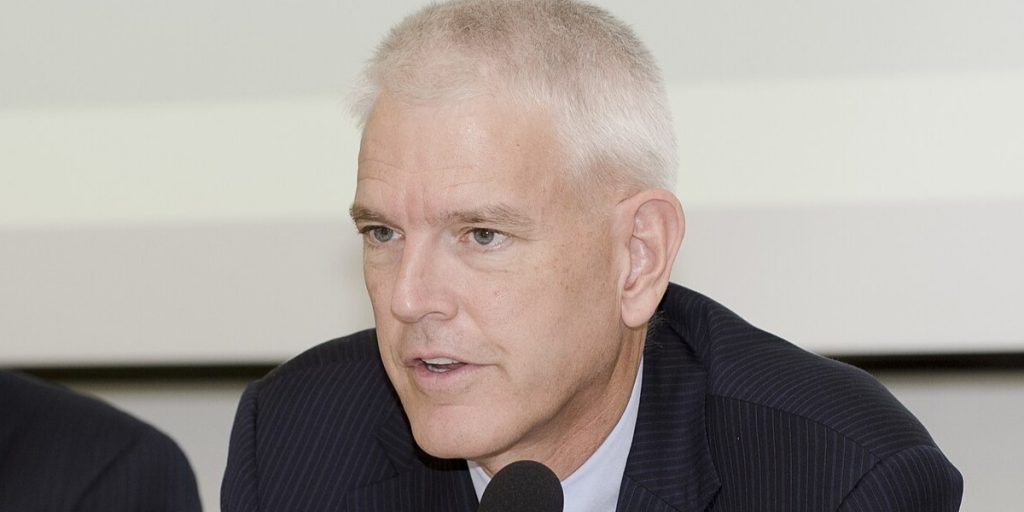
A wave of high-level diplomacy in recent weeks, including two major summits, has left Ukraine with more questions than answers about its long-term security.
Former U.S. Ambassador to Ukraine Steven Pifer told Kyiv Post the disconnect between what President Donald Trump is offering and what Ukraine needs is now starkly visible—and deeply troubling.
Trump’s Alaska summit “close to disaster”
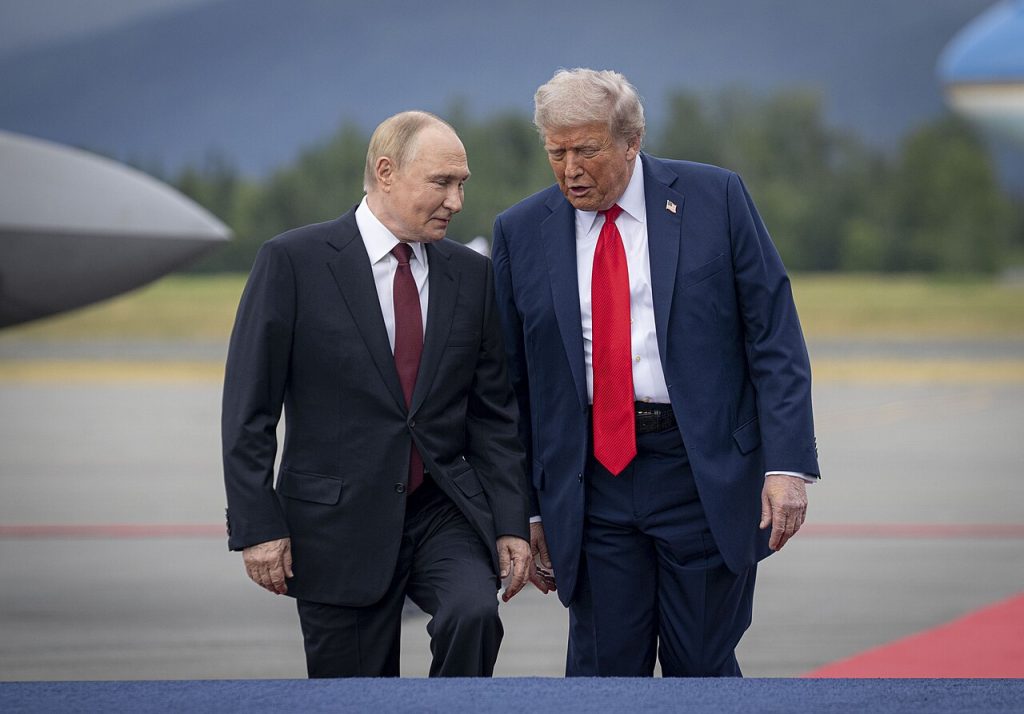
Pifer had harsh words for President Trump’s recent Alaska meeting with Vladimir Putin.
“I thought that Alaska was close to a disaster,” he said, citing the lack of tangible outcomes.
Also read
What emerged was an “understanding” requiring Ukraine to surrender Donetsk just to begin talks—something Kyiv sees as a non-starter.
European alarm over U.S.–Russia backroom deals
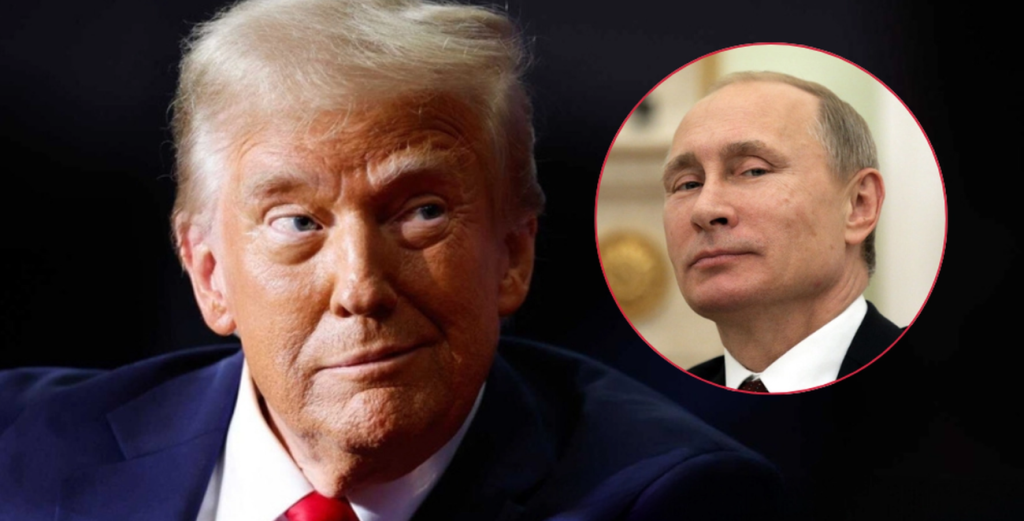
The Alaska summit sparked alarm in Europe, with growing fears that Ukraine’s fate could be decided solely by Washington and Moscow.
Pifer said this potential sidelining of allies and Ukraine itself marks a troubling shift, saying he thinks it went badly in the wrong direction.
A brighter note at the White House
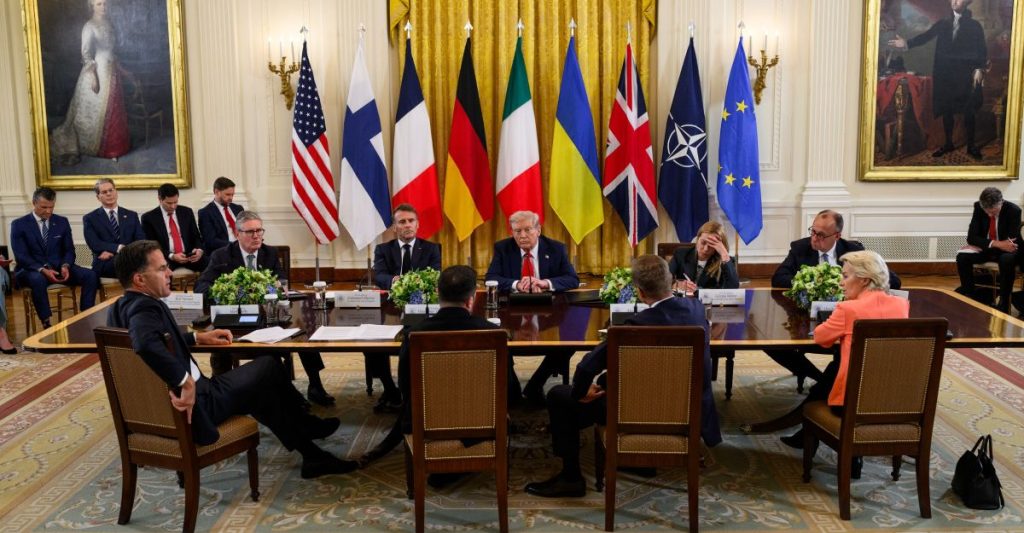
The mood shifted during the August 18 summit in Washington, where President Zelensky met with Trump and European leaders. Here, talk of the Alaska “understanding” vanished.
Instead, discussions turned to a more pragmatic topic: long-term security guarantees for Ukraine—a move Pifer called both realistic and essential.
Also read
Three-part plan on security guarantees emerges
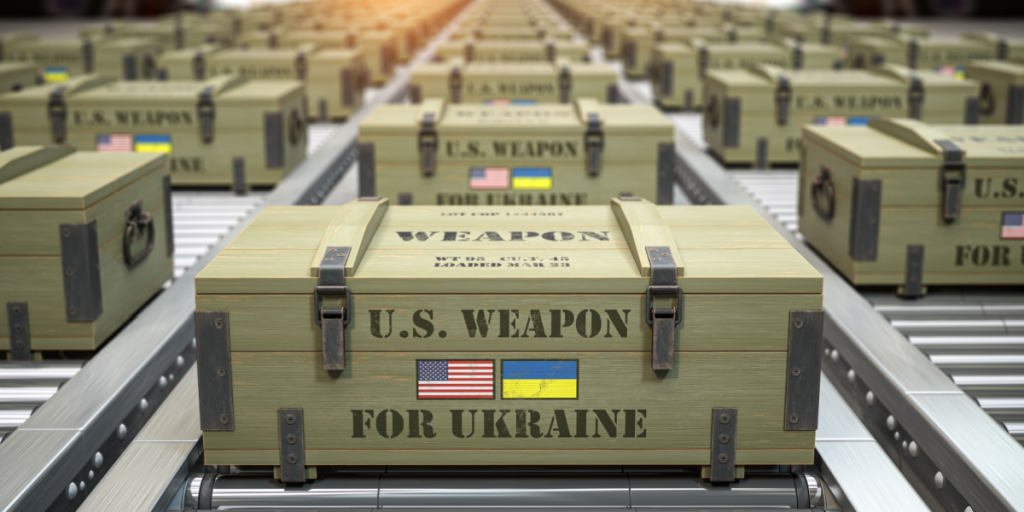
Pifer outlined a potential three-part framework to secure Ukraine’s future.
The first pillar is clear: continued Western weapons shipments to build a modern, powerful military.
The aim is deterrence—a Ukrainian force so formidable that Russia would suffer enormous losses trying to challenge it.
The “Coalition of the Willing”

The second proposal is a multinational military force, suggested by Britain and France, to be deployed after peace is reached.
But there’s a catch—it needs U.S. backing.
Also read
Pifer emphasized that without American support, including intelligence and air power, the force may lack credibility.
NATO membership still on the table?
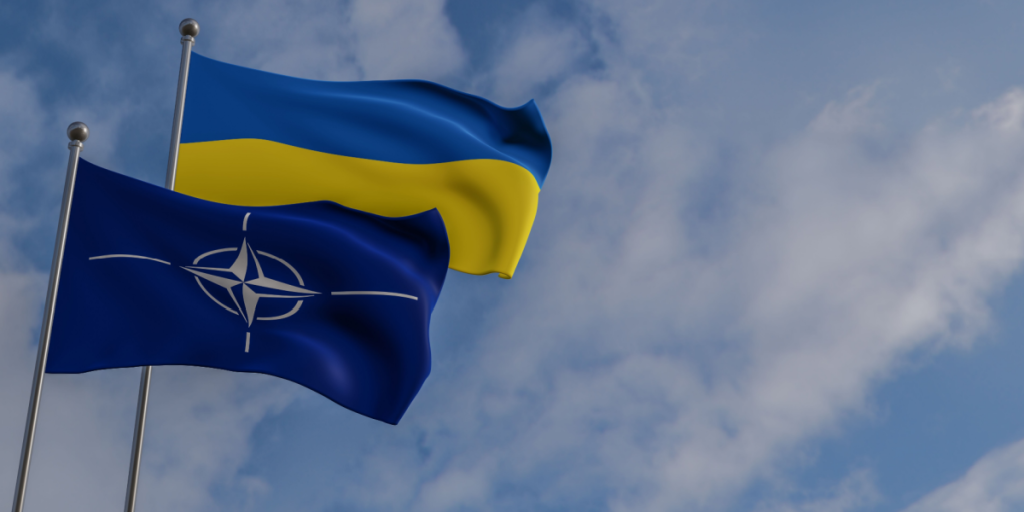
NATO remains the third and most delicate piece. Trump has publicly ruled out Ukraine’s accession, and some allies share his caution.
Still, Pifer stressed that NATO as a whole hasn’t closed the door.
Economic threats fall flat

Pifer was skeptical of Trump’s repeated economic threats against Russia, calling them empty.
Instead, Pifer pointed to seizing $300 billion in frozen Russian assets to help arm Ukraine for the long haul as the real pressure point.
Also read
The battlefield is Putin’s weak spot

According to Pifer, the only thing that might shift Putin’s strategy is battlefield defeat. Economic sanctions won’t be enough.
Guaranteeing that Ukraine has all the weapons it needs for years to come will be the best leverage.
Ukraine’s “Plan B” may be in Europe
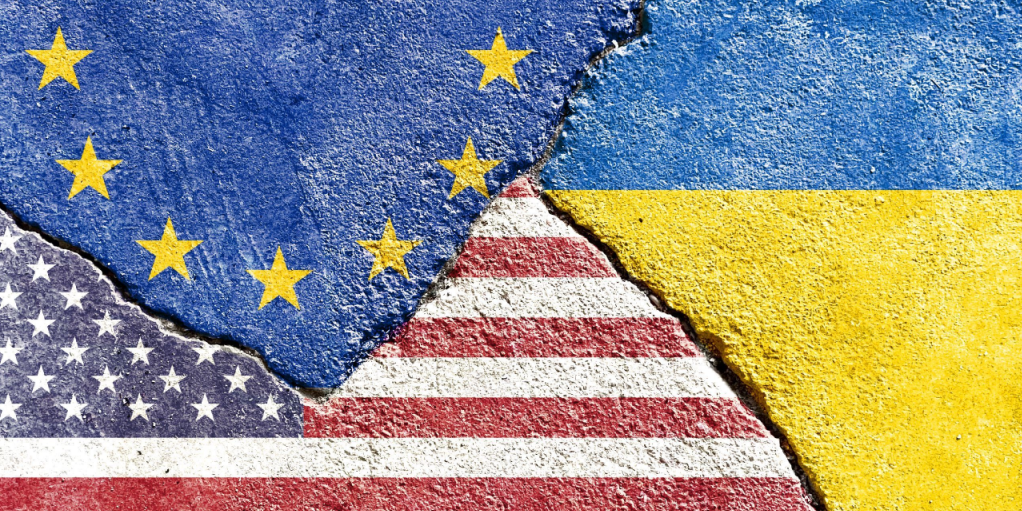
Pifer’s final message to Zelensky was clear: America’s support may not be reliable.
While maintaining ties with Trump is essential, Ukraine must prepare a fallback—anchoring its security with Europe.
“The Europeans have impressed me,” Pifer added, urging Kyiv to think beyond Washington.


